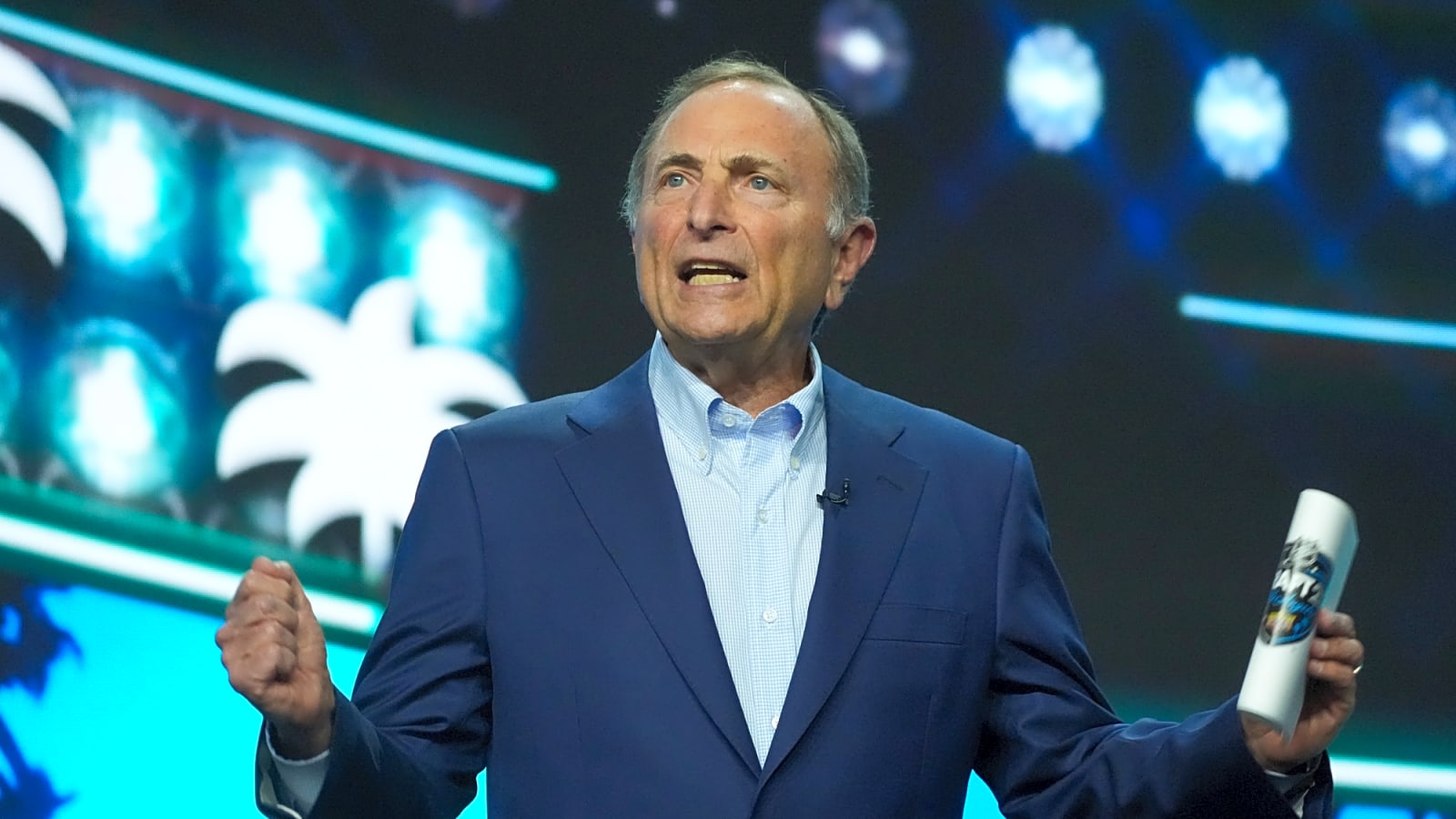
NHL insider Pierre LeBrun confirmed this week what had been whispered for months: starting in the 2026-27 season, the league is officially expanding the schedule from 82 to 84 games.
That change comes with a shorter preseason and a September start, meaning teams will play more meaningful hockey and less exhibition. For contenders like the Dallas Stars, the shift raises both opportunity and risk.
LeBrun reported that the Stanley Cup will now be awarded in mid-June rather than late June, with the regular season beginning earlier than ever. On the surface, fans may love the idea of two extra home games and more rivalry matchups at American Airlines Center.
But for a team that has already made three consecutive Western Conference Finals, the grind of an even longer season could test depth like never before.
Why an 84-game NHL schedule will test the Dallas Stars' roster depth
The Stars' formula in recent years has leaned on stars like Jason Robertson, Roope Hintz, and Jake Oettinger, while relying on secondary scoring and emerging young players to carry stretches of the season.
Adding more games means even more chances to bank points in the standings, but also more wear and tear on a core that already carries heavy minutes.
As LeBrun put it in his report:
"The NHL has started to put it together, with the regular season to begin in late September, preseason shortened, and the Cup awarded mid-June."
That makes goaltending workload management especially critical. If Glen Gulutzan leans too heavily on Oettinger across an 84-game schedule, fatigue could become a factor by spring.
Having Casey DeSmith, or perhaps even a younger goalie from Texas waiting in the wings, might be more important than ever.
Personally, I think Dallas is well built for this kind of grind. The balance between veterans like Jamie Benn and younger pieces like Wyatt Johnston and Thomas Harley gives them flexibility, but those extra two games every year will quickly expose teams without depth.
More must-reads:
- Ken Dryden's impact on NHL went beyond his playing career
- Flames sign young center to three-year extension
- The 'College football FBS nicknames' quiz
Breaking News
Trending News
Customize Your Newsletter
 +
+
Get the latest news and rumors, customized to your favorite sports and teams. Emailed daily. Always free!








